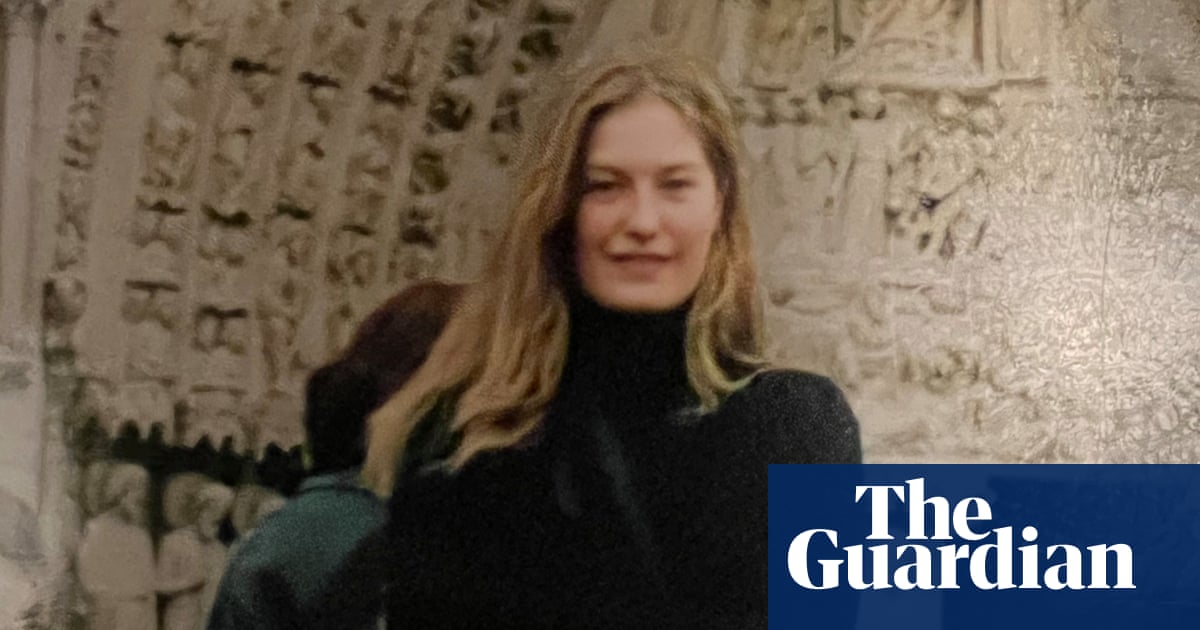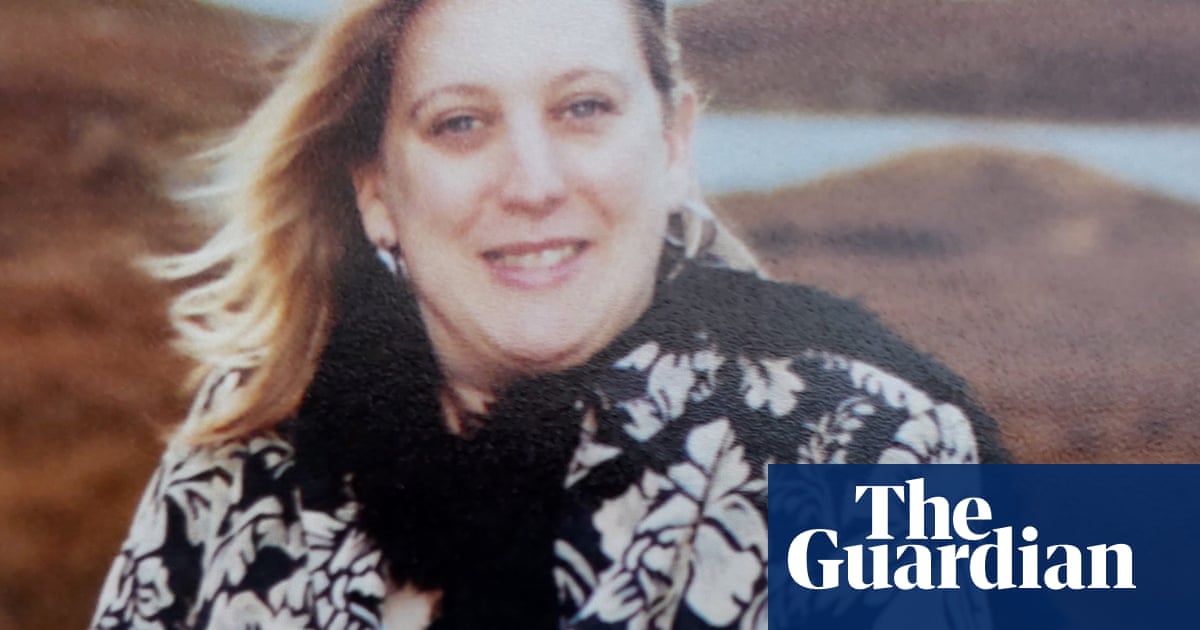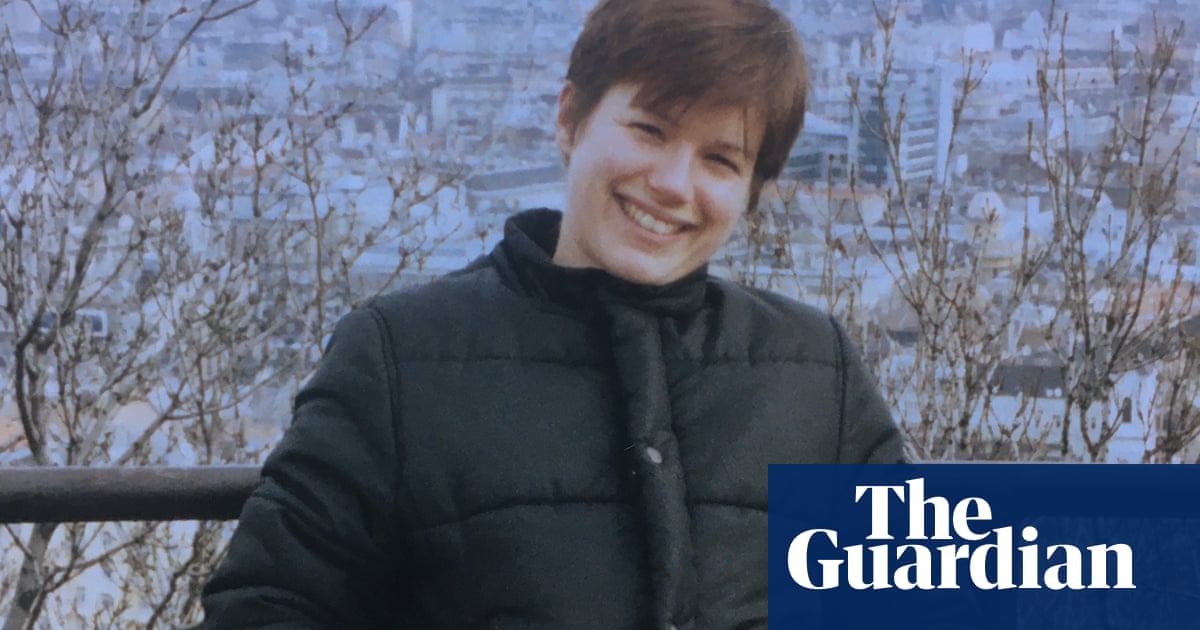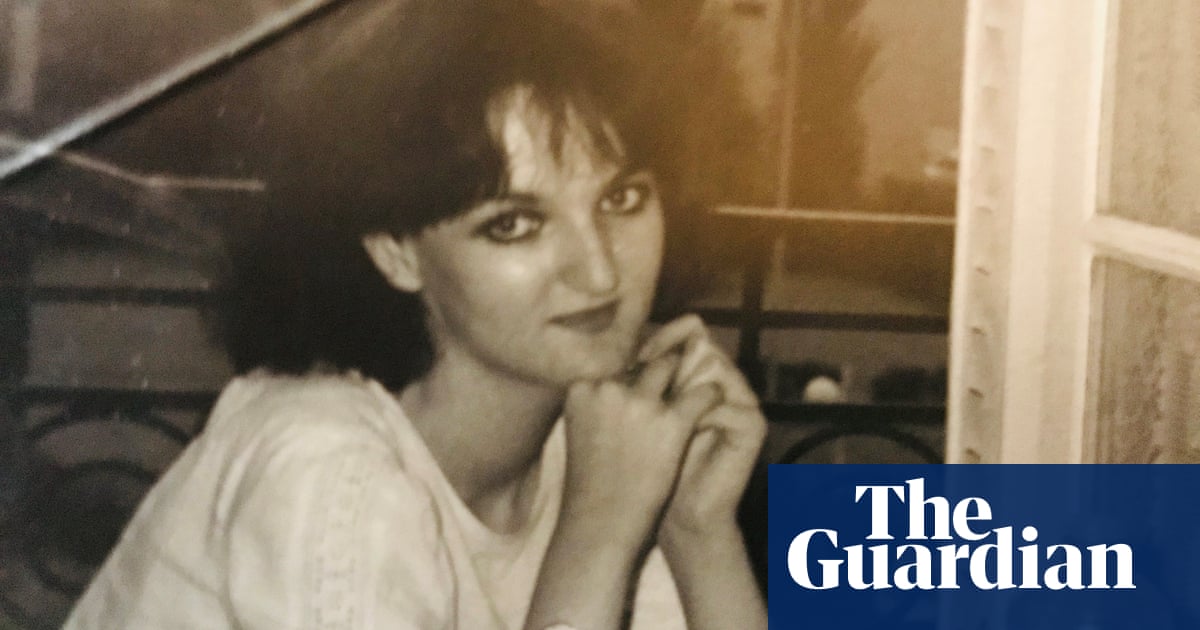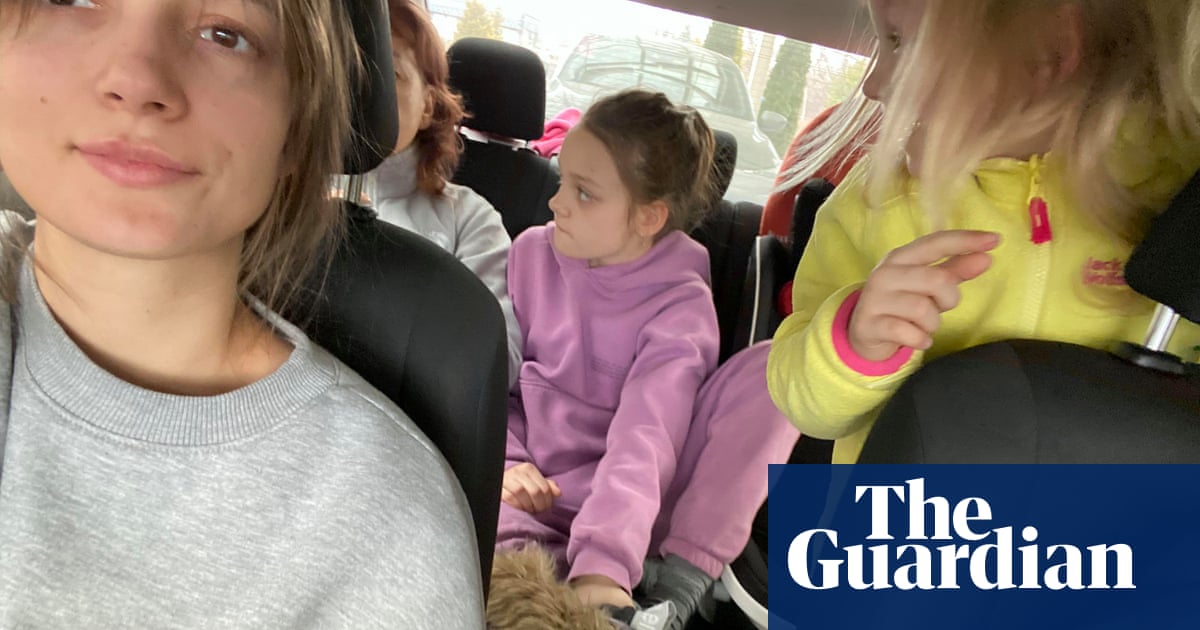
The hairdresser steadied my head as I sat in the swivel chair, face mask on, staring into the mirror. In December 2020, another lockdown loomed, and nearly 12 months earlier I had made it a New Year’s resolution to get short hair that year. Within 45 minutes, my shoulder-length mop was down to a couple of inches.
People often get radical haircuts in response to life-changing events, such as a breakup or the loss of a loved one. I got mine because I wanted to embrace how I felt as a butch lesbian.
I’ve been gender non-conforming for as long as I can remember. Around the age of four, I staged a protest against wearing a dress at Christmas. I was horrified, one birthday, to be given a Barbie.
My mum now loves me for who I am, but as a teenager growing up in Cumbria I knew she wouldn’t accept my sexuality. She had raised me as a Christian and homosexuality conflicted with her faith. At secondary school, I learned that words such as “gay” and “lesbian” were to be used negatively – as insults or jokes. A PE teacher was rumoured to be a lesbian and students gossiped about the way she looked. She presented herself in quite a masculine way, and had short hair.
I realised I liked girls by the time I was 13. For the next few years, I hated myself. I felt sordid, ashamed and wrong: I had been told that people like me were wrong. I tried praying and dating boys. But I couldn’t change who I was.
I connected with more masculine-presenting and butch lesbians, such as Ellen DeGeneres or friends on my football team. But they were laughed at for their men’s clothes and mohawks. School kids would snigger about angry, men-hating, leather-faced dykes. I felt so much shame when they did.
Finally, in 2011, when I was 17, I gathered up the courage to come out as a lesbian by having my hair cut: a fierce short back and sides with a quiff on top.
I drove to the nearby town of Brampton and made an appointment with a hairdresser for the following week. I seemed quite calm with the receptionist as I made the booking but, back in the car, I cried violently, my head pressed to the steering wheel.
I felt completely alone, trapped in a nightmare from which I couldn’t wake up.
The day after booking, I cancelled the appointment. I had come out to a friend in the village, and she wondered whether it might be too much for me rather than coming out gradually, then doing the hair later on. Looking back, I’m glad she said that – I wasn’t ready.
I actually came out about a year later: I was with my first girlfriend and couldn’t hide our relationship. My friends and most of my family got behind me. It took time, but my mum is now one of my biggest supporters.
I was happier after I came out, but felt repressed by my appearance and the stigma against looking butch. I bowed to what I perceived as overwhelming societal pressure to appear physically palatable to the heterosexual majority, but repeatedly looked online at people whose style I wanted to copy; for example, the actor Lea DeLaria and, more recently, Harry Styles – my lesbian icon. I idolised the 2012 pompadour of Alex Turner, lead singer of the Arctic Monkeys.
I found inspiration in transgender and non-binary people, too, including several drag kings in London, where I now live. I disagree with claims that transgender and non-binary people erase or threaten my identity as a butch lesbian and a cisgender woman. Conversely, they have been a massive source of strength to me, particularly in terms of living authentically.
By my mid-20s, I was wearing more menswear and less makeup. I bought suits for formal events such as weddings, having caved in to dresses until then. By 2020, it was approaching a decade since I had booked that first haircut and I promised myself I would have it done before the year was out. My then girlfriend was encouraging and, due to the pandemic, I wouldn’t see many people for months. I had time to adjust.
Once my hair was cut, I felt revitalised. I would run my hands through it in the shower and smile. A friend compared me to Charizard – the dragon-like Pokémon – in that I had evolved into my final form. (I fall into the “soft butch” sub-category: ie, I’m mostly “masculine”, but sometimes buy from the women’s section and will consider the odd spa day.)
Sometimes, I am innocently misgendered in public. There is occasional abuse, too. A few weeks ago, a man in the street asked aggressively if I was a boy or a girl. It wasn’t that he was eager to learn about my gender identity: it was as if he wanted to hurt me.
I’m proud of the way I look now. But the sad reality is that I gained nothing from those years of not being myself. I feel uncomfortable when I look at old photographs of myself from weddings or a prom: long hair, face doused in makeup and wearing dresses. I spent so much time acting because I was scared of what other people would think.
Pressuring people who don’t want to conform to gender stereotypes doesn’t change them. It damages them. My haircut helped to liberate me. I just wish I had felt able to do it years ago.





